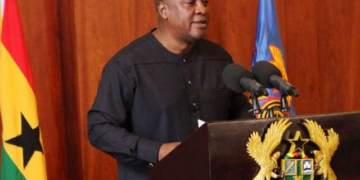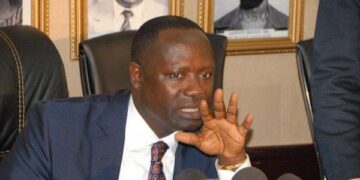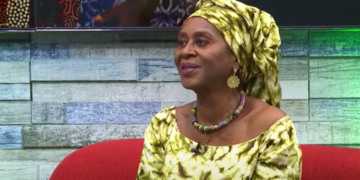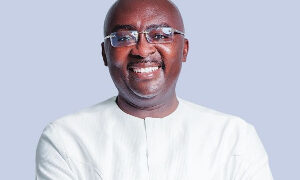The Director General of the Ghana Aids Commission (GAC), Kyeremeh Atuahene, has raised concerns about the bill seeking to criminalise homosexuality in all its forms in Ghana.
Mr Atuahene said the Promotion of Proper Human Sexual Rights and Ghanaian Family Values Bill, in its current form, poses a lot of challenges to HIV and AIDS response in the country.
The Bill appears to have garnered massive support from a large cross-section of the Ghanaian public after it was laid in Parliament on Monday, August 2.
It was subsequently referred to the Constitutional, Legal and Parliamentary Committee for consideration and report.
But speaking at a media engagement in the Eastern Region on Saturday, September 25, Mr Atuahene said GAC is tasking some experts to look at the bill as it does not favour the Commission in its work.
“It is first going to drive the key population underground,” he pointed out.
He, therefore, disclosed that the Commission will submit a paper on the draft bill to outline its concerns.
“The provisions [in the Bill] as it stands now will affect the work of the Commission and all its service providers.”
He clarified that the Commission is not against the ban on activities of lesbian, gay, bi-sexual, transgender, queer and intersex (LGBTQI) persons in the country, neither is it asking for approval of the rights of such persons.
“Except that the interpretation of some of the provisions, if not defined properly, is going to affect the HIV response,” the DG said.
“We are going to be constrained.”
Already, the Commission does not receive donor funding any longer although it is working to operationalise the AIDS Fund as the disease still remains a public health concern in Ghana.
At the close of 2020, a total of 12,758 AIDS deaths were recorded.
The country’s prevalence rate of 1.68 percent saw 18,928 new infections recorded.
So far, a total of 346,120 persons – consisting of 66 percent females and 34 percent males – are living with HIV/AIDS.
Mr Atuahene assured that the Commission is committed to meeting the objective to have an HIV-free generation in the country.
Source: 3news.com




















































































